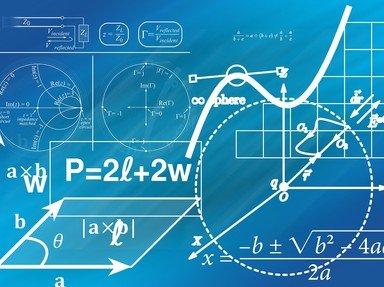
Zero - It's More Than Nothing Trivia Quiz
Zero is such an unusual number, sometimes being viewed as more of a placeholder than anything. However, zero does have characteristics similar to other numbers. Can you determine whether the characteristic is representative of the number zero?
A classification quiz
by Buddy1.
Estimated time: 3 mins.